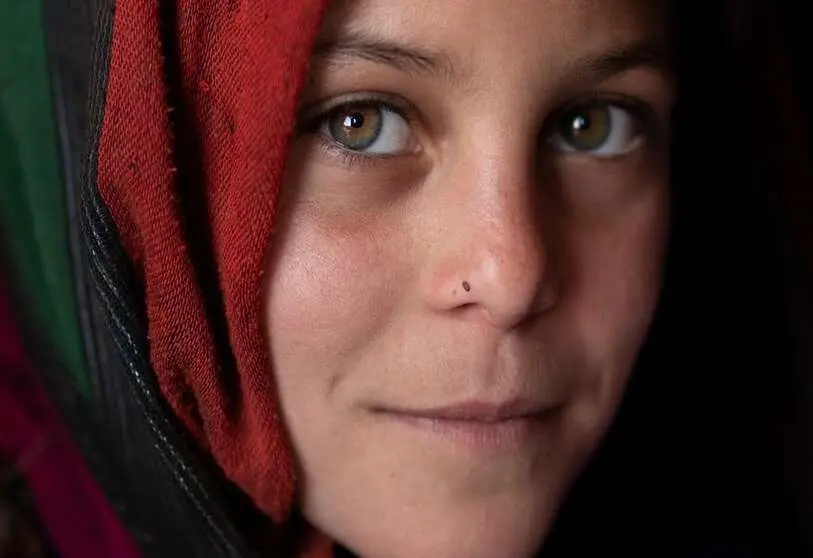UN appeals for $4.4 billion for Afghanistan and calls for a halt to "the death spiral" of the Afghan economy

Despite the large-scale humanitarian response in Afghanistan since August last year, which has saved many lives during the winter, the already dire situation in the country has deteriorated alarmingly in recent months, the UN Secretary-General said on Thursday.
Speaking at a pledging conference organised by the UN and the governments of the United Kingdom, Germany and Qatar, António Guterres thanked the donor community for funding the entirety of last year's humanitarian appeal and quantified the current dire situation in Afghanistan.
"Some 95% of people do not have enough to eat. Nine million people are at risk of famine. UNICEF estimates that one million severely malnourished children are on the brink of death if immediate action is not taken. And world food prices are soaring as a result of the war in Ukraine," he warned.
A dramatic situation that, in the UN chief's view, requires "immediate action", otherwise the country could find itself in a "critical situation of hunger and malnutrition".
"People are already selling their children and body parts to feed their families. Afghanistan's economy has collapsed. There is very little cash. More than 80% of the population is in debt," Guterres warned of the desperate situation of many Afghans, including essential staff in schools and hospitals who have not been paid for months.
The Secretary-General concluded his description of the bleak picture facing Afghans by saying that the United Nations Development Programme has warned that, if no action is taken, 97 % of Afghans could be living below the poverty line by the middle of this year and that humanitarian needs have tripled since last June.
At the end of the conference, a series of pledges totalling $2.44 billion were announced.

He called on the international community to find a way to spare the Afghan people from the impact of the decision to cut off development support to Afghanistan and the freezing of nearly $9 billion in Afghan assets abroad.
"Cash must be made available, so that the Afghan economy can breathe, and the Afghan people can eat. Rich and powerful countries cannot ignore the consequences of their decisions on the most vulnerable, and the first step in any meaningful humanitarian response must be to stop the death spiral" in which the Afghan economy finds itself.
Against this dramatic backdrop, he explained that the funding request for Afghanistan this year is $4.4 billion, the largest appeal in the world for a single country.
"Together with our partners, we aim to reach 22 million people with food, water, health care, protection, shelter, education and other forms of life-saving assistance. So far, the appeal is less than 13% funded. I call on you to provide unconditional and flexible funding as soon as possible," he asked.

He went on to stress the need to include women and girls in all sectors of society and the economy is essential as a basic factor "to overcome the intersection of Afghanistan's economic, humanitarian and human rights crises" and lamented the continued suspension of education for girls from sixth grade onwards.
"I call on those with influence to use it to pressure the de facto authorities to fulfil their promise to reopen schools for all students, without discrimination or further delay. And while we wait for the girls to return to school, we cannot use their education as a bargaining tool".
Guterres explained that there is "no reason to withhold humanitarian aid based on this decision by the de facto authorities," and that the Afghan people "cannot be doubly punished" for it.

In the first eight weeks of 2022, humanitarian partners assisted 12.7 million people, prioritising women, girls and minority groups.
More than 24 million people - 60% of the population - are in need of humanitarian assistance to survive. Needs are 30% higher than last year and acute hunger is a daily reality for half the population.
Health, education and other services are severely affected, livelihoods have been disrupted and households spend 80% of their meagre income on food.
The UN's top humanitarian official, Martin Griffiths, stressed today that "we can stop the downward humanitarian spiral in Afghanistan and it is our moral duty to use this power by pledging generous, flexible and unconditional funding today. This is how humanitarian workers can scale up operations now and save lives," he said.








